IME resources for research, policy and practice
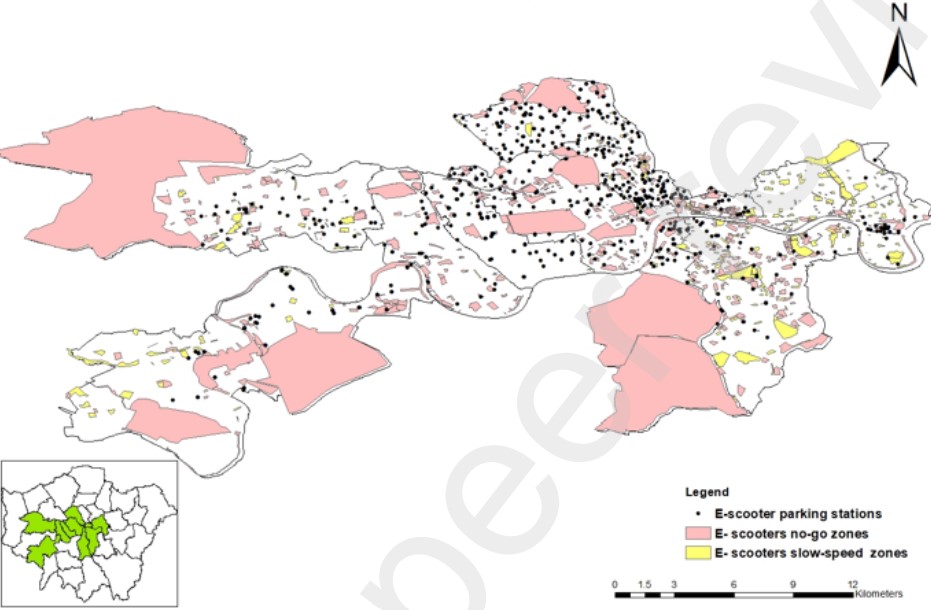
Toy or Tool: Expectations, Impacts, and Contradictions of E-Scooters from a Social-Exclusion Perspective
Few attempts at introducing new personal transport technologies have made as much noise as the relatively recent appearance of electric scooters in cities as an on-demand shared mobility service supported by digital platforms.
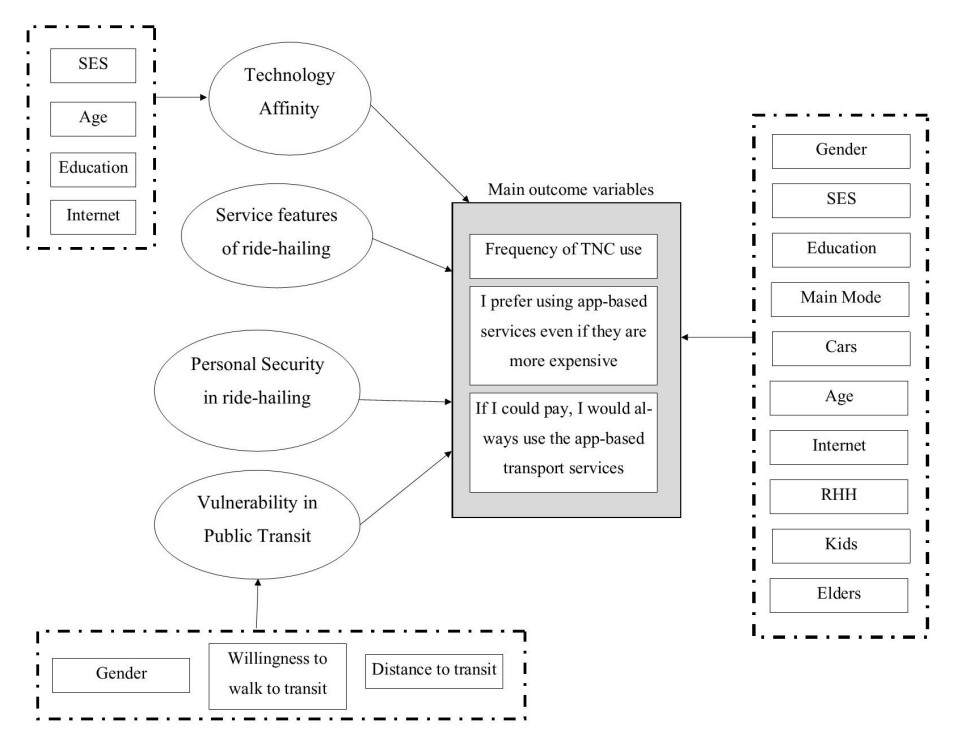
Ready to ride: security and transit-related determinants of ride-hailing adoption in Latin America
In this article we extend the understanding of ride-hailing phenomena by proposing that structural gaps in public transit are key explanatory variables in the uptake and willingness to pay for ride-hailing trips.
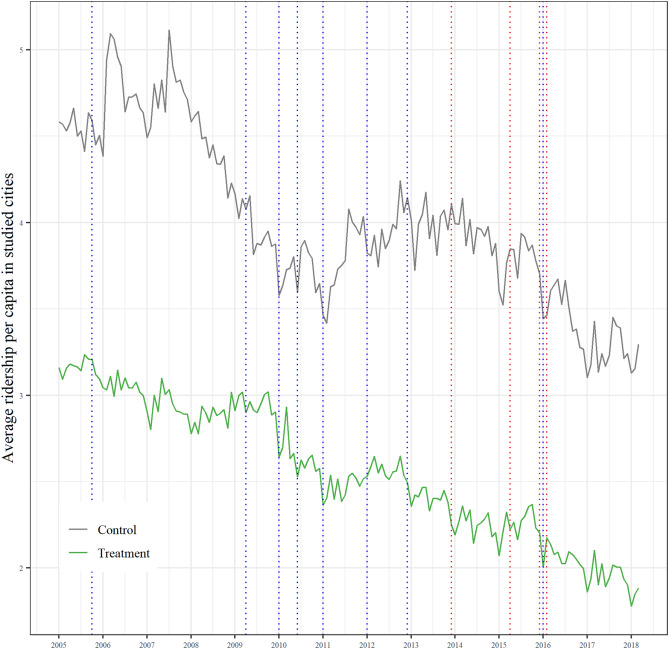
Making the links between ride-hailing and public transit ridership: Impacts in medium and large Colombian cities
This research explores the effects of ride-hailing to Colombian cities on public transportation ridership using Uber's timeline as a case study. We test the hypothesis that ride-hailing may substitute or compete with public transit, particularly in cities with significant transit service gaps in coverage or quality.
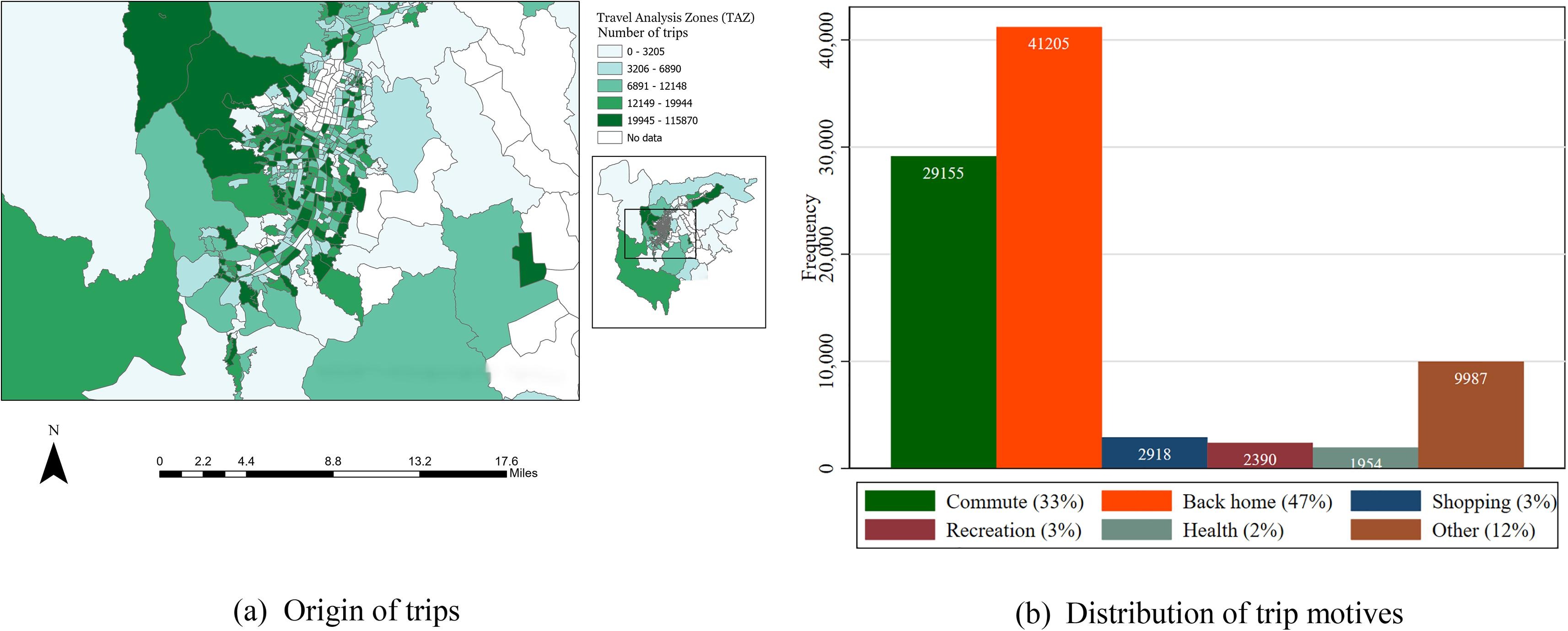
Interactions of Transport Network Companies (TNCs) and public transit in Medellín
This research examines the factors affecting the adoption of on-demand ride services in Medellín, Colombia, using data from the 2017 transport household survey and from a survey conducted in 2020.
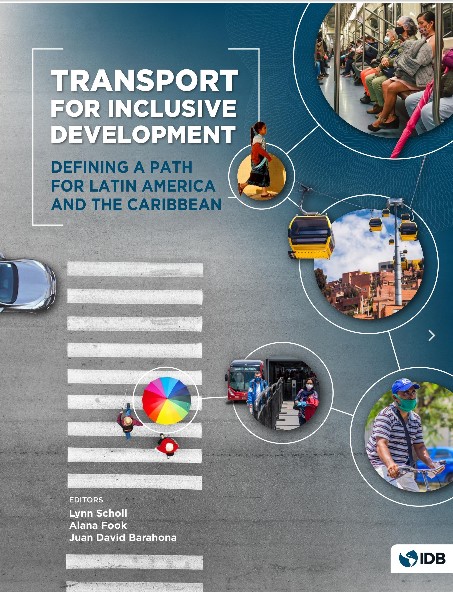
The Potential for Shared Mobility Services to Promote Equity and Social Inclusion in Latin America and the Caribbean
Chapter 8 of the Flagship Report "Transport for Inclusive Development: Defining a Path for Latin America and the Caribbean" by the InterAmerican Development Bank IDB.
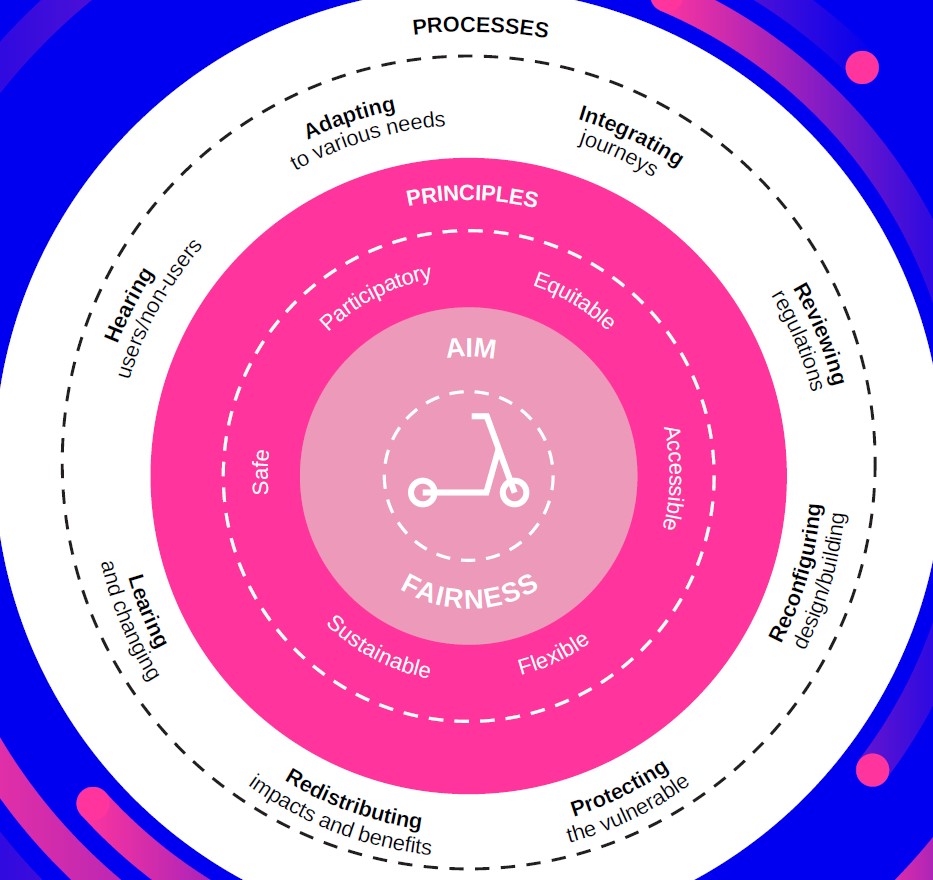
How do we make e-scooters more inclusive?
New forms of electric micro-mobility are changing the landscape of urban mobility in our cities. To unlock the potential of these innovations, it is necessary to spark a cross-sectoral dialogue about inclusion in micro-mobility in the UK that can inform current debates about policy and regulation.
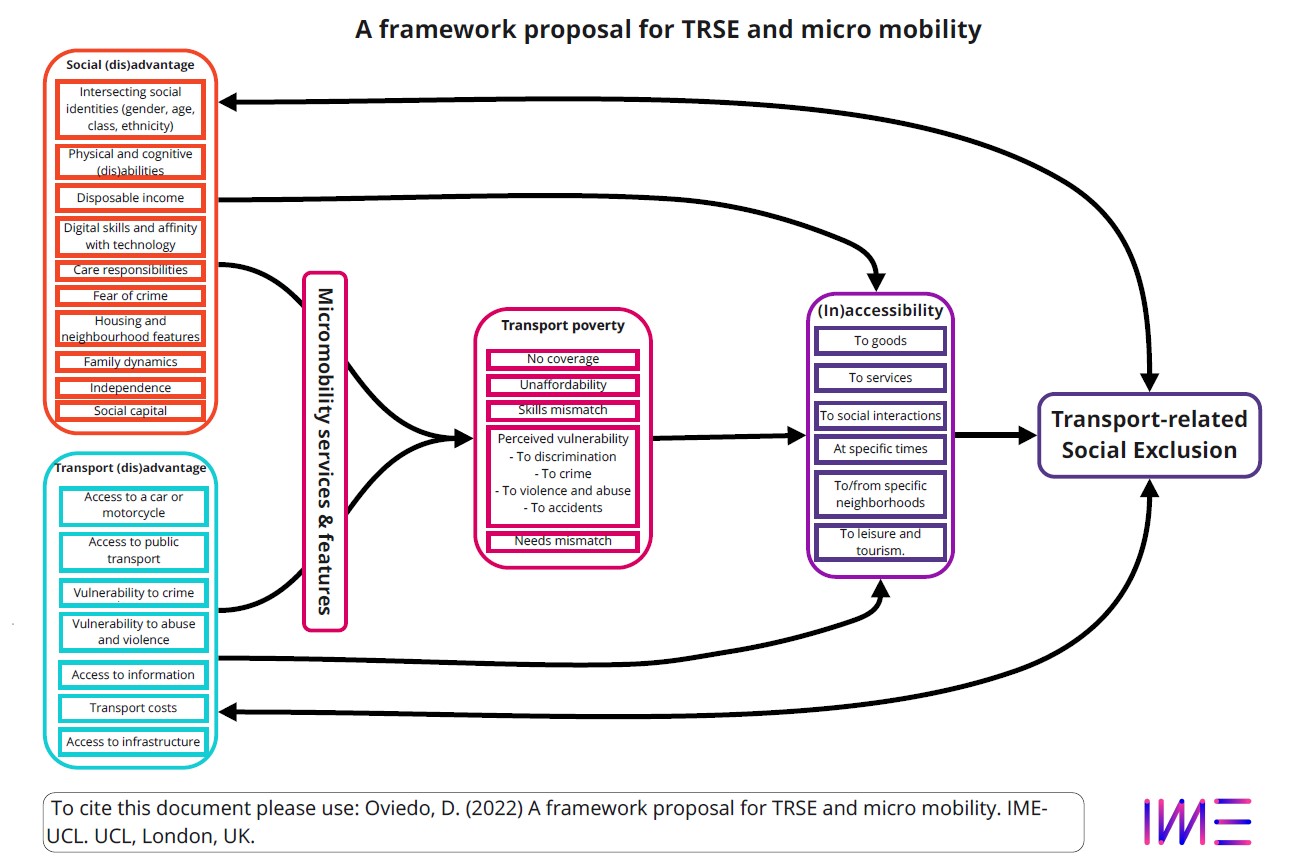
How micromobility and Transport Related Social Exclusion TRSE are connected
This the main theoretical framework used in IME research.The framework shows how social (dis)advantage and transport (dis)advantage preconditons melt in the presence of ABM to alleviate or reinforce tranport poverty and (in)accessibility.

Disrupting Personal (In)Security? The Role of Ride-Hailing Service Features, Commute Strategies, and Gender in Mexico City
This paper sheds light on the personal security dimension of ride-hailing from a gender perspective.
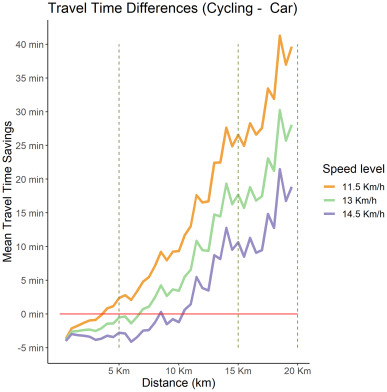
Arguments for cycling as a mechanism for sustainable modal shifts in Bogotá
Our paper compares cycling and car-based trips, presenting evidence in cycling for policy and decision-making targeting a demand segment that has historically been more resistant to modal shifts to sustainable mobility. We contrast performance of both modes in relation to coverage and accessibility, testing different modal shift scenarios in the context of Bogota.
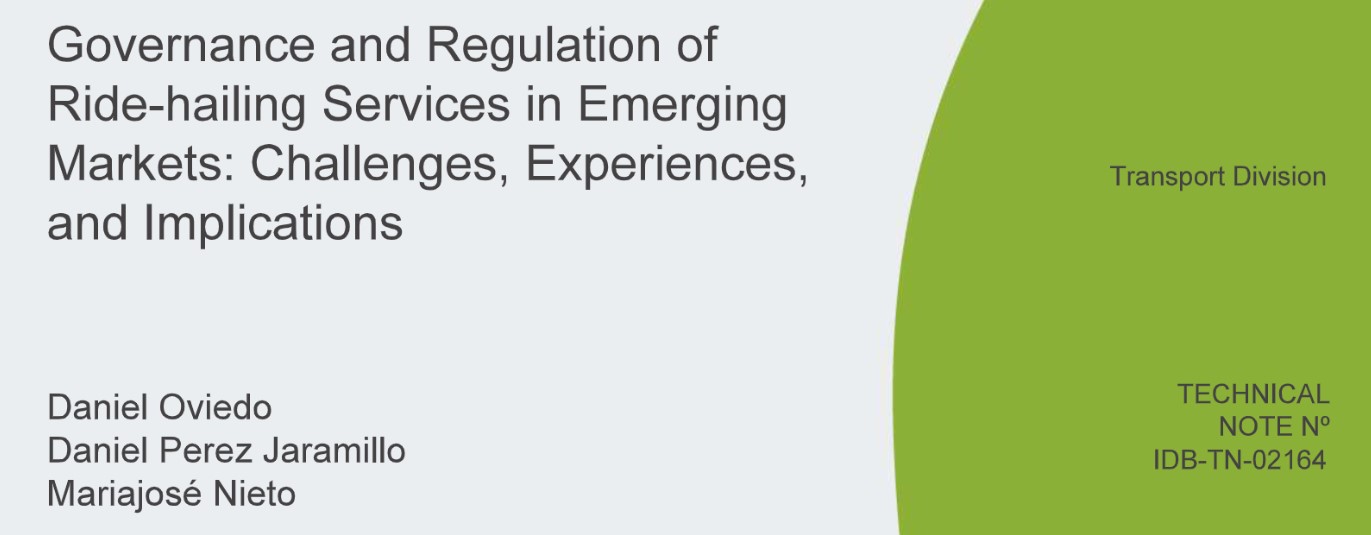
Governance and Regulation of Ride-hailing Services in Emerging Markets: Challenges, Experiences and Implications
This paper seeks to shed some light on the different considerations for regulation and governance of ride-hailing platforms in emerging markets, highlighting their positive and negative externalities. Building on an extensive review of the literature and secondary sources, we outline Ride-hailing's identified and potential effects on users (providers and consumers), incumbents, and society. Based on the welfare impacts structure, we identify the significant challenges that regulators face in understanding, monitoring, evaluating, and regulating this type of transportation innovation.
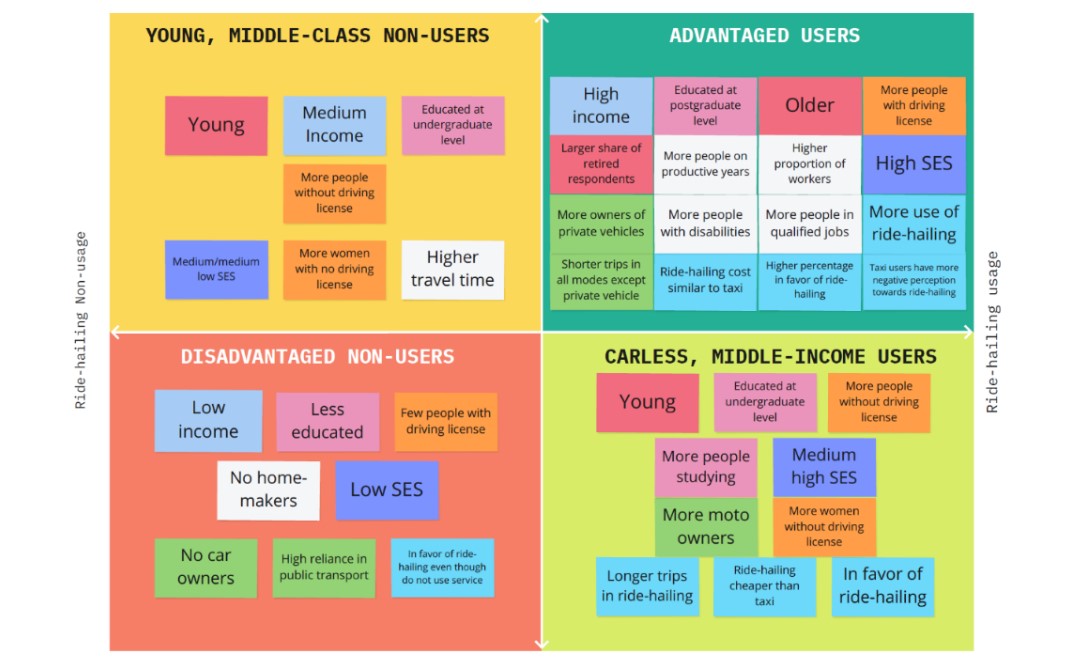
Ride-hailing and (dis)Advantage: Perspectives from Users and Non-users
The introduction of ride-hailing in cities of Latin America and the Caribbean (LAC) remains a relatively new topic in regional research and a contentious issue in local policy and practice. Evidence regarding users and how do they differ from non-users is scarce, and there is little documented evidence about how user preferences and perceptions may influence the uptake of ride-hailing. This paper uses primary data from a survey collected from users and non-users of ride-hailing in Bogotá during 2019 to develop a Latent Class Analysis Model (LCA) to identify clusters of users and non-users of ride-hailing.
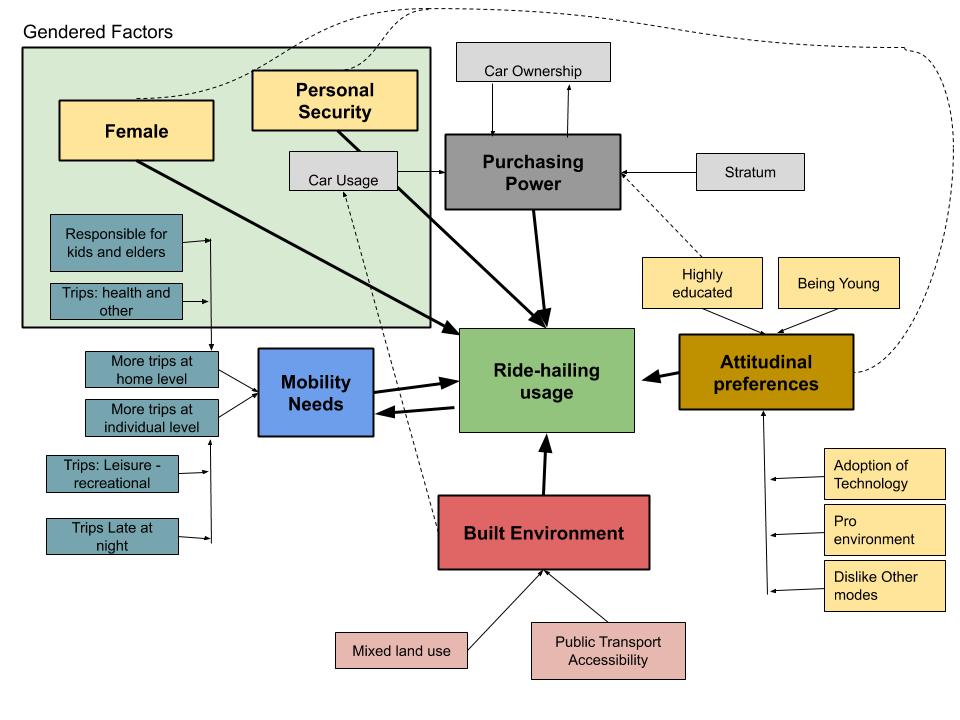
Not my usual trip: Ride-hailing characterization in Mexico City
We examine ride-hailing in the Metropolitan Area of Mexico City. We build on statistical modelling informed by the Mexico’s household travel survey from 2017 to determine the main drivers for ride-hailing adoption and understand how they differ from other transport users in the local context. We use findings to discuss the implications of ride-hailing for urban mobility in one of the largest cities in Latin America. Our findings shed light on the complex role of gender and care relationships play in the adoption of on-demand transportation services.